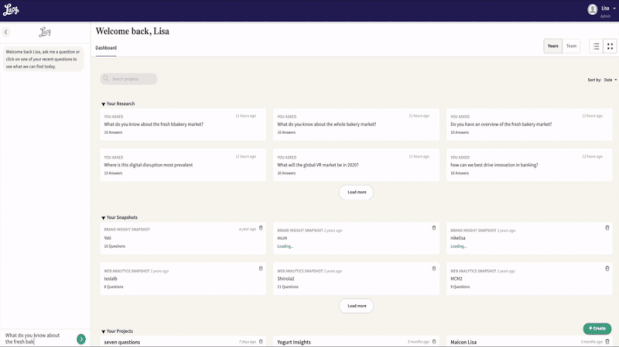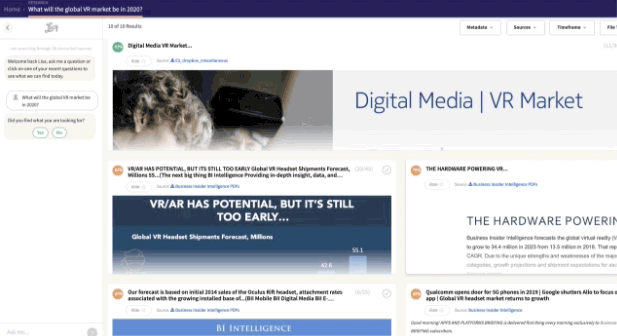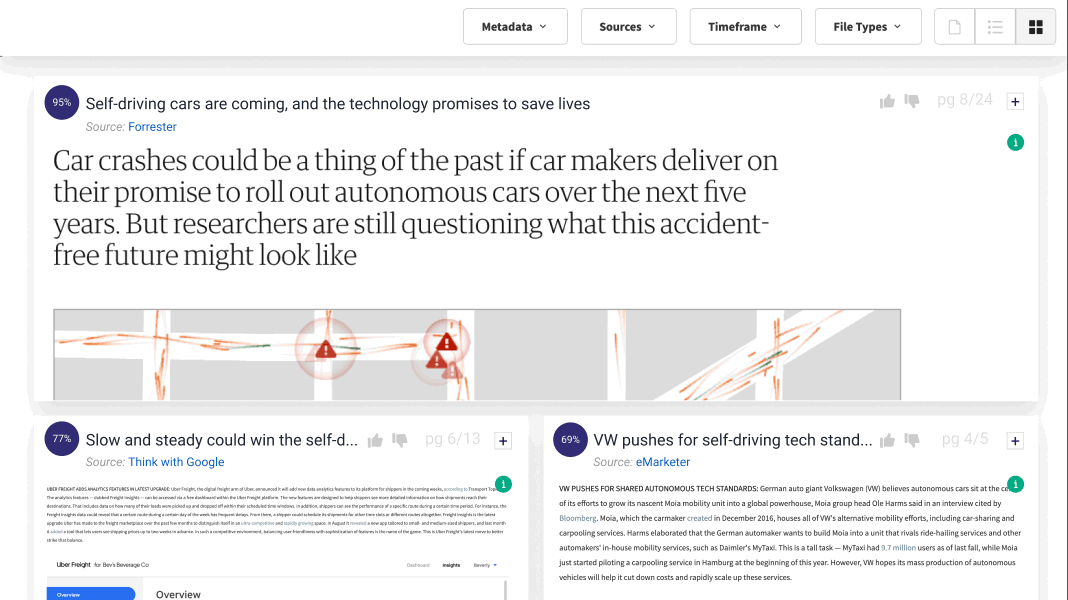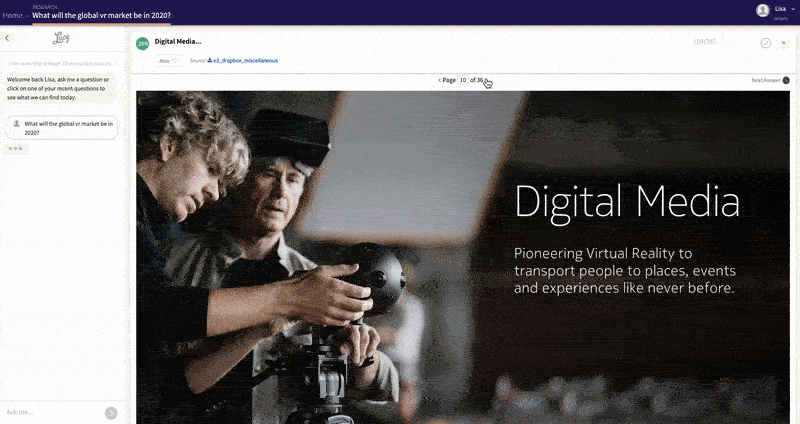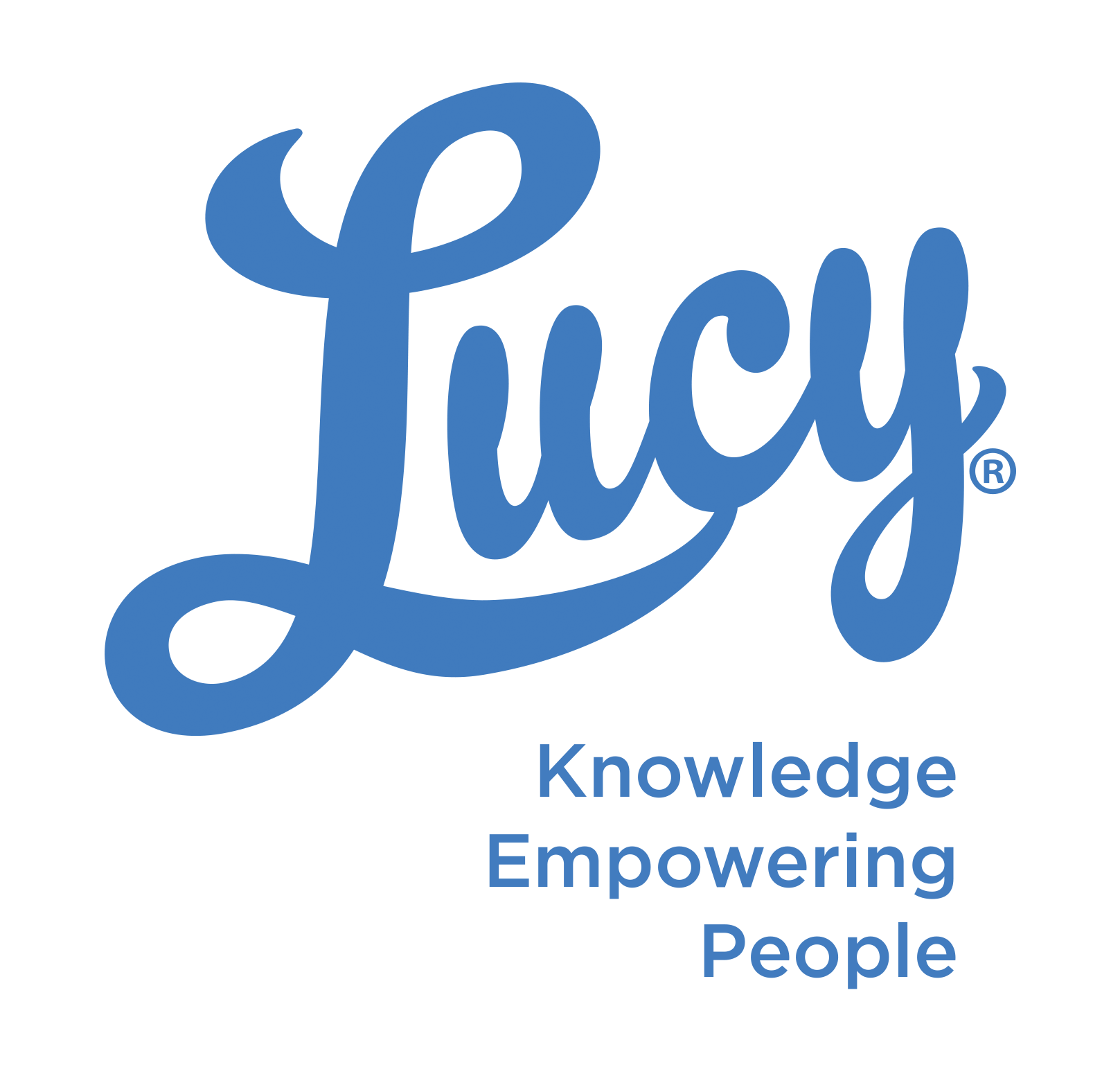With its innovative approach to creating an “answer engine®” rather than a search engine, Lucy reinvented knowledge management. With the proliferation of unstructured data, Lucy needed a modern AI solution and cloud infrastructure it could tailor to its customer’s needs and that could evolve as customers—and corporate knowledge—grow. The company chose a suite of Azure services, including Azure AI Video Indexer, Azure Kubernetes Service (AKS), Translation, Azure OpenAI Service, Azure AI Language Studio, and Azure AI Services.
Steve Frederickson: Chief Product Officer
Solving an enterprise scavenger hunt
What was that analyst’s response to our 2022 annual report? How did the focus group react to our new product feature? Where can I find the latest employee expense report training? If you’ve ever scrambled to find corporate data, you can appreciate a solution that eliminates that frustrating hunt for information.
The founders of Lucy recognized that inefficient processes, employee turnover, and other corporate activities can make it difficult to share knowledge or insights—or worse, lead to data loss. As early adopters of artificial intelligence (AI), the founders saw an opportunity to build a solution that removed these barriers to search. They began work in 2015, using IBM Watson to develop a platform to solve the daily hunt for information. (“Lucy” is a nod to Lucinda Watson, granddaughter of IBM founder Thomas J. Watson.)
With its innovative approach to creating an “answer engine®” rather than a search engine, Lucy (the company) reinvented knowledge management. Lucy (the platform) uses natural language generation to read and synthesize millions of search results that “she” finds across an organization’s knowledge ecosystem. Lucy brings you to the exact answer you need—at the specific page, slide or time stamp it can be found. Users can also ask Lucy a question in a private chat or mention her in a group chat within their preferred business messaging platform, such as Microsoft Teams or Slack, to get an immediate and summarized answer.
When enterprises 'hire' Lucy, they don’t need to move their data. Companies maintain full control over what assets Lucy can search, including granular, role-based permissions that they can change as needed. Assets are stored within secured internal systems, ensuring compliance with security and privacy requirements.

